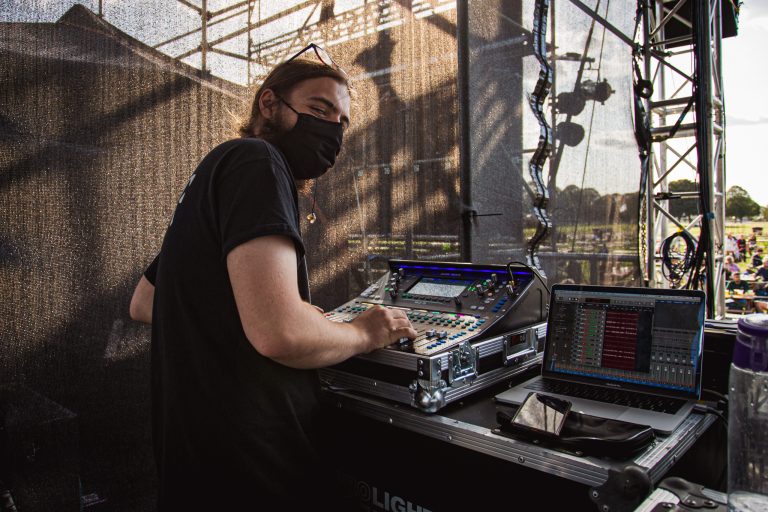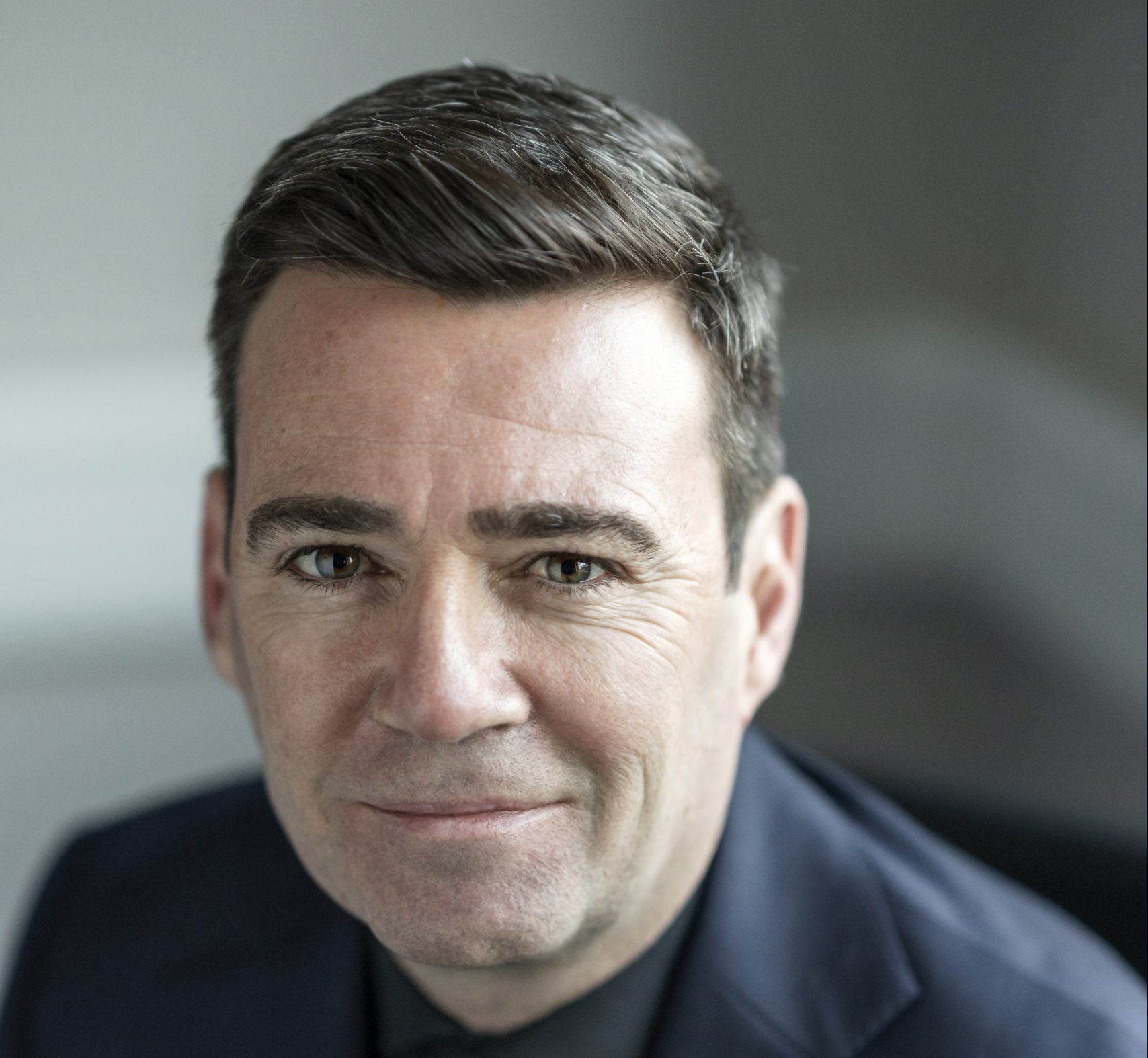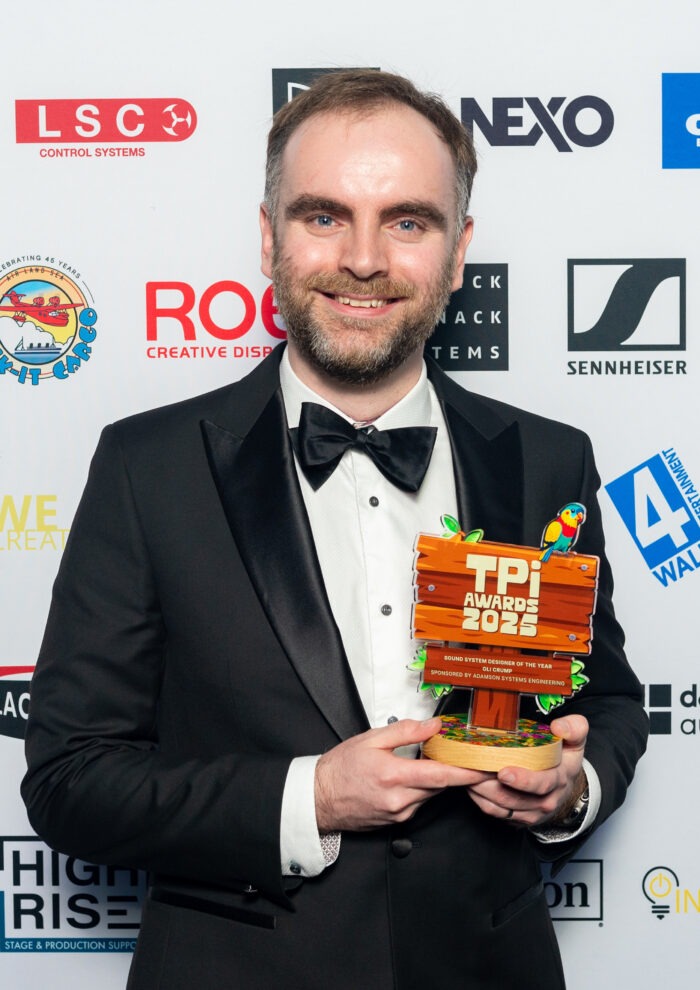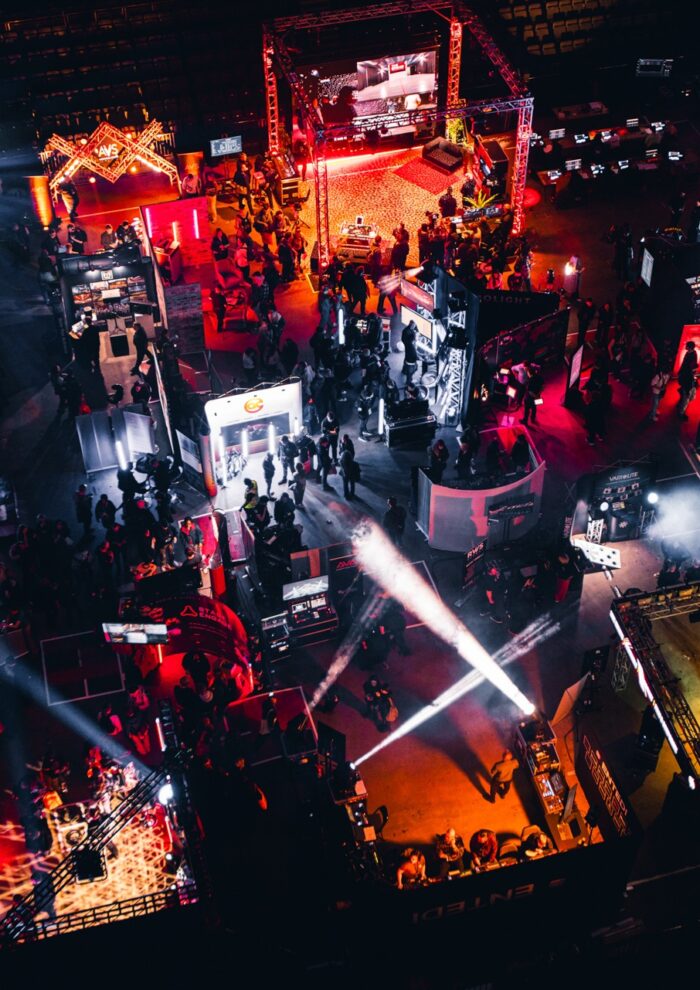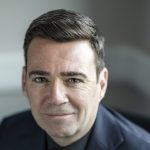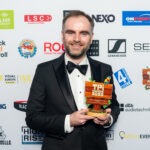We caught up with our 2019 Breakthrough winner Dylan Barber to see how he has spent the last two years and to share his advice to young budding Sound Engineers.
How did your passion for the production industry begin?
My passion for the production industry and the music industry in general began when my dad bought us a small 2 channel interface and we taught ourselves the basics of recording and mixing a song in our living room. From there I showed an interest throughout school, shadowing and working on school productions.
How did you get into the production industry?
During my time at college, I was offered a part time role as an in-house audio visual tech at Open in Norwich; formerly a 1500 capacity venue. My time there was spent cutting my teeth on industry standard equipment working on some of my first live events.
Did you even know then how to start your career?
At that point I was definitely still learning and figuring out how to solidify my work as a career path; during my time at Open I also started to freelance for other local venues and promoters, as well as the local BBC. This work definitely helped me kickstart my career.
Did you do a course? If so, where?
I did a two year extended diploma course in Studio and Live Sound after high school at Access Creative College, where I now teach part time. Following that course, I embarked on a Nottingham Trent University BSc in Audio and Music Technology, which I’m currently in my last year of.
Was there anyone who influenced you along the way to get to where you are today?
My family have played a massive part in influencing and supporting me throughout my journey so far in the music industry.
I’m also thankful for the support people that I’ve worked with have given me.
Some industry influences for me include Dave Rat of RatSound, and former FOH Engineer for The Red Hot Chill Peppers. Rat’s ideologies and methods are always interesting and sometimes out of the norm; something that I think is very important in this industry, standing out from the crowd. Another industry professional that I look up to is Sylvia Massy; while Massy works more on the studio side of the music industry, I think her positive attitude and often-controversial techniques are transferable across all areas.
How old were you when you won your Breakthrough Talent Award in 2019?
I won the Breakout Talent Award when I was 18.
What has been the highlight of your career so far?
One highlight that I think I’ll remember forever was working and attending Latitude Festival 2021: the UK’s first full capacity festival since the COVID Pandemic began. Other than it being one of my first live music experiences since early 2020, the significance of being part of an event like that at a time like that is something that will stick with me forever.
Another highlight was during an industry week talk with studio engineer Andrew Scheps hosted by my university, where Scheps listened to a mix of mine and commended it, saying that it had “an incredible sonic bed”. It was super nice to hear that from another industry professional that I look up to. I think the biggest highlight though for me was being able to go freelance at the age of 18, and being able to successfully maintain it. It’s meant that I’ve been able to work on projects and shows locally and nationally of various kinds including festivals, conferences, outdoor city centre shows, location recording work in unusual spaces, broadcast work and more.
How have you spent the last two years?
Similar to lots of others, the past two years have presented themselves to be challenging at times, but during them I’ve continued with my BSc degree, continued to freelance on some amazing projects with venues, musicians, performers, and just recently I’ve been lucky enough to get back to some work with the BBC. I’ve spent some of the time learning my way around the recording studio side of the industry; I’ve been able to tie this in with a few broadcast jobs, too. I’ve also taken on some part time teaching at Access Creative College in Norwich, where I teach a mixture of studio and live sound.
What was your highlight of 2021?
In 2021 it was great getting back to work, and being able to work on shows and projects again; a definite highlight for me. It’s been amazing to be able to continue to work with friendly, skilled and talented people whether that be musicians on tour, technicians or promoters. 2021 definitely reassured me that this industry is a resilient one, full of determined and dedicated people.
What would your advice be to yourself 5 years ago?
Be ready for anything! I’m sure 16 year old me had far less comprehension of the things possible in the music industry. I would tell myself then to have an open mind, and be prepared to expand my skillset as far and wide as possible.
Be ready for anything! I’m sure 16 year old me had far less comprehension of the things possible in the music industry. I would tell myself then to have an open mind, and be prepared to expand my skillset as far and wide as possible.
Any advice to anyone who wants to work in this industry?
When I found myself wanting to work in this industry, there were definitely times that I thought it might not happen or that I didn’t have what it takes.
The advice I’d give to anybody looking ahead to a musical career, whether it be in production or any other area, is remain confident, keep your head up, talk to industry people as much as possible, and try to stand out from the crowd. Oh, and seek work opportunities whenever possible!
What are you most looking forward to this year?
There have been some postponed shows between July last year and now, so I’m looking forward to working those as their rescheduled dates come around. Last year I started mixing front of house and monitors for psychedelic rock five piece Floral Image – I’m looking forward to lots more shows with them this year, of course featuring lots of tape delay! Generally I think I’m just excited to see the industry continue to get back on its feet. I’m considering doing a masters degree in the next academic year – so maybe something extra to look forward to there.
Photo Credit : Lee Harper

